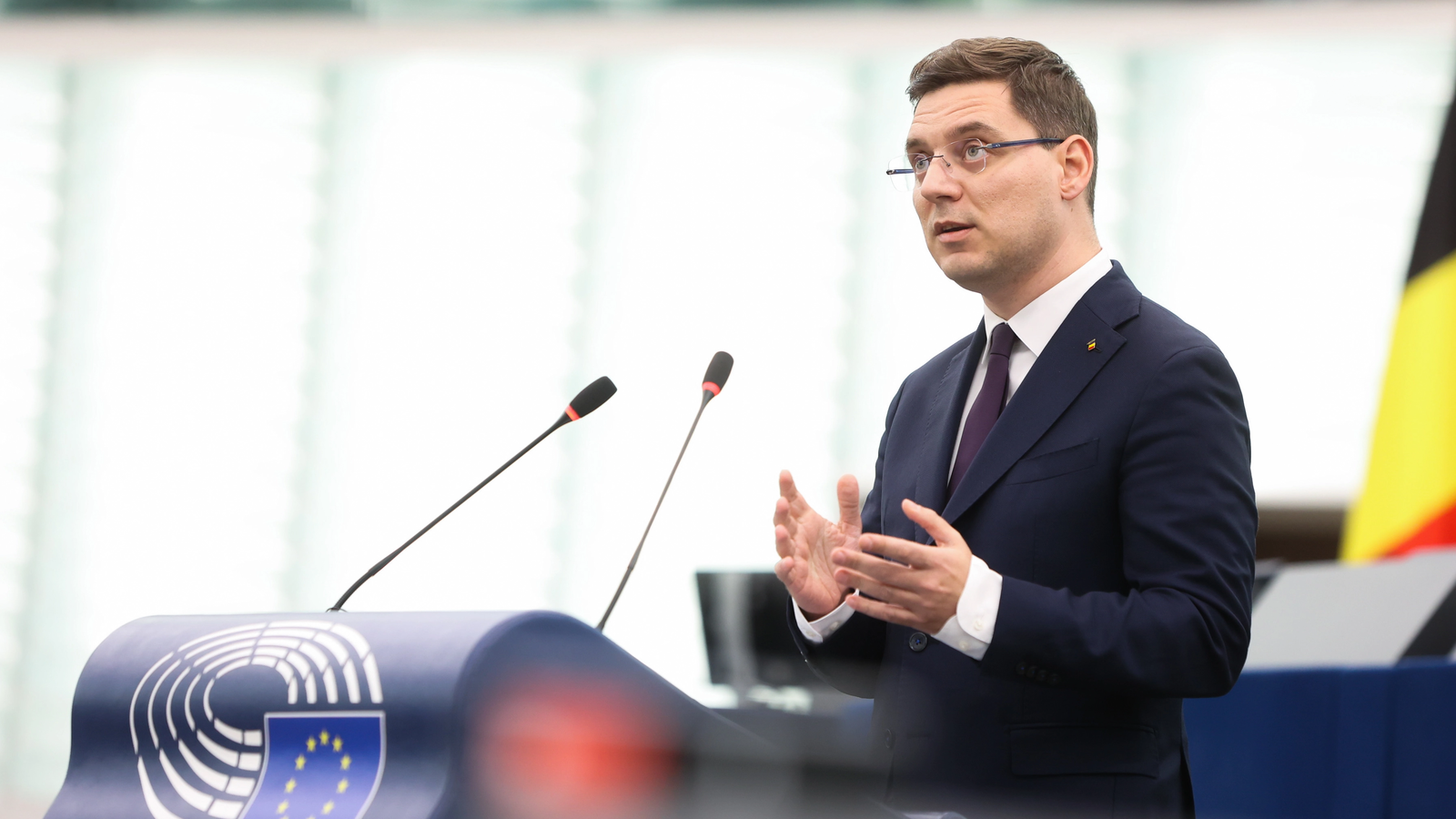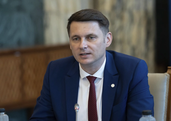Romania has missed two EU funding calls aimed at establishing artificial intelligence (AI) factories, while Bulgaria is making progress and has decided to reallocate funds from its Recovery and Resilience Plan to co-finance a potential gigafactory project, European Parliament Vice President Victor Negrescu said on Friday at the D-TECH Forum.
'Romania can be a key player in this digital transformation because we have the assets to do so. We often say we have qualified human resources, innovative companies, a European cybersecurity competence centre, we have the necessary ingredients to be a leader. But we need willpower, coordination, ambition, and a clear vision,' said Negrescu.
He noted that in his capacity as Vice-President of the European Parliament, he has been actively involved in digital transformation initiatives, from proposals that led to the creation of digital innovation hubs, now forming a European network, to a new project he is promoting: the creation of an AI factory in Romania, supported by European resources and involving high-performance computing.
'There have already been two calls for such funding, and Romania missed them. A final call is expected this summer, and I've managed to convince public institutions in Romania to apply, so we don't miss this opportunity again. Another major call is coming soon as well: the EU will fund five AI gigafactories, capable of processing vast amounts of data and potentially shaping the economy of the future, even at the national level. Interestingly, Bulgaria is moving ahead, they've already decided to reallocate funds from their Recovery and Resilience Plan to co-finance a gigafactory project. We should consider doing the same. I hope we manage to bring the AI factory to Romania,' he said.
Negrescu also stressed that many funding opportunities are available through the National Resilience and Recovery Plan (PNRR), direct EU funds, and Cohesion Policy funds.
He warned that Romania is at a critical juncture regarding its digital future and the world has changed.
'We're living through times of deep transformation, technologically and economically, and it's crucial that we talk about these changes, not only to plan for them but to ensure they are fair and that Romania is directly integrated into them. Yes, we are at a pivotal moment for Romania's digital future, and arguably for Europe's as well. The world has changed, and this digital transformation is clearly underway. AI, robotics, cyberattacks, digital skills, all these elements define this profound shift," Negrescu said.
He also said that AI will reshape the rules of the game, not just in economic terms but also for democracy.
'We've just seen how the online space and certain tools can influence public opinion. And yes, we need to say clearly: people are not to blame for what has happened. Those of us in positions of influence must be the first to act to protect our democracies, our economies, and citizens' right to think freely. We're in a race against time, and we can't just be passive spectators. Too often, (...) we behave as if someone, maybe in Brussels, or the UN, will save us or write the rules for us. (...) I have sometimes seen how hard it is to come up with regulations and the rejection towards these possible regulations, (...), but what do we do if they do not exist? What if we let chaos reign in the digital world, including in using all these technologies? (...) What if we allow these technologies to process our data without consent? How can we keep up if we don't use that data responsibly? I truly believe Romania can do much more,' Negrescu concluded.
The first edition of the D-Tech Forum 2025 in Bucharest, a regional summit aimed at aligning visions on digitisation and cybersecurity within the context of the European Competitiveness Plan, is being held on Friday at the National Bank of Romania (BNR) headquarters. The event is attended by, among others, Vice-President of the European Parliament Victor Negrescu.
Also participating in the forum are Health Minister Alexandru Rafila, as well as representatives of Romanian institutions responsible for digitisation and cybersecurity, alongside top figures from the private sector and cybersecurity experts from other countries in the region.
According to the organisers, some of the topics proposed for debate include: ensuring democratic access to the digital society and services, AI applications in digital service automation, applications for 5G/6G networks and technology, universal access to electronic payments, ensuring privacy versus combating terrorism, cybersecurity regulation, the human factor in cyber risk assessment, as well as more technical topics such as mobile device security and protecting equipment in the Internet of Things (IoT).
































Comentează